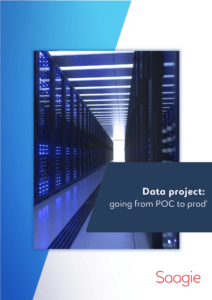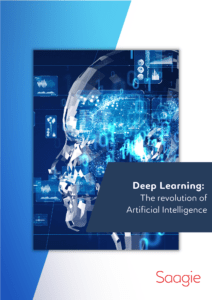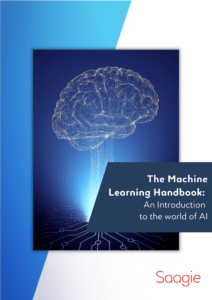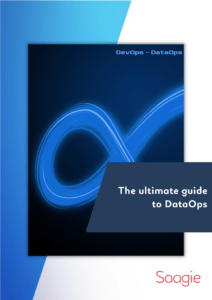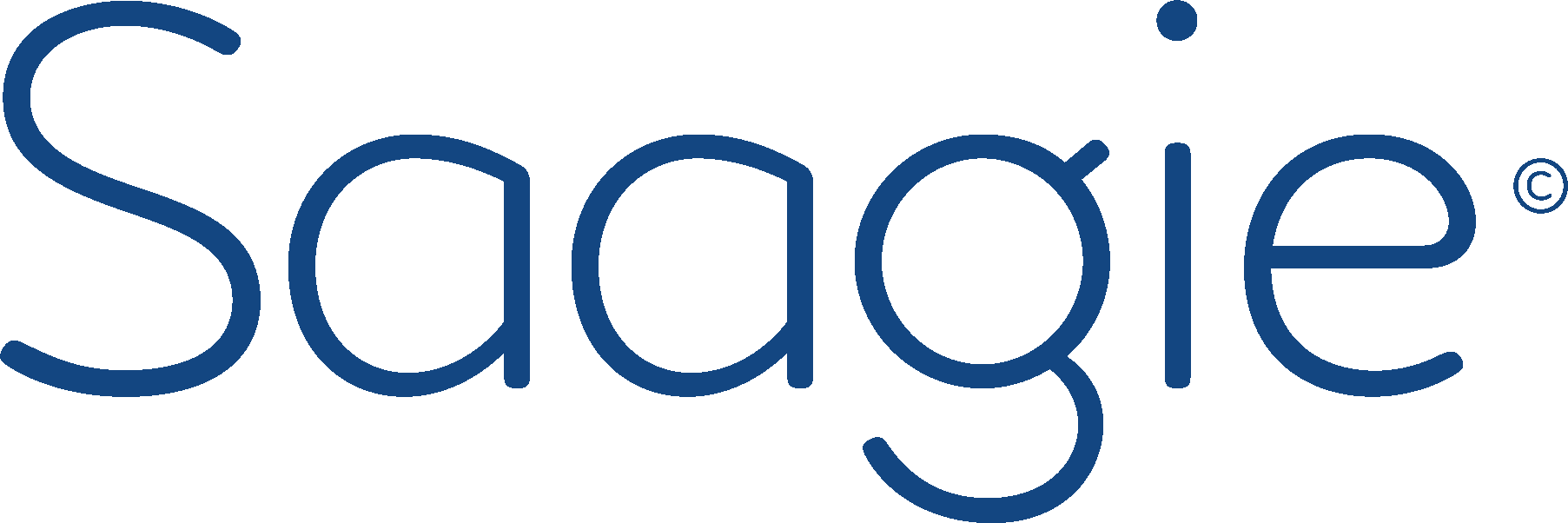Alexandre Pachulski, Co-founder at Talentsoft, has written Génération IA, describing AI through the prism of eighty-four movies. His objective is simple: make people understand what artificial intelligence does and encourage them to take part in the discussion regarding this innovation, which is a pool of opportunities for the greater good.
I wrote this book because I was surprised to discover the gap between the fact that artificial intelligence is already everywhere in our lives, and people have little information about this technology. What struck me the most is that they consider that this technology will come up in a distant future. We still visualize AI like in the series such as Black Mirror or West World. With this book, I’m only trying to inform users about this topic, still too little known.
Which role AI takes in our society?
AI is already everywhere. In social media, it pushes videos that might interest us in order to make us stay as long as possible on these platforms, so that advertisers pay as much as possible. This example, only, has a major impact on our consumption behaviours, and is unfortunately influencing our interests, as we are shown similar contents as those we consumed beforehand. AI is increasingly being used in the employment, education, and healthcare sectors. Nevertheless, it is still perceived as a distant reality.
We have to keep in mind that AI is already here, will be more and more present and be an opportunity in numerous sectors. It is thus an outstanding political topic, and it is our mission to do something good with this technology.
How little do you think people know about AI?
Many people I know from all ages have read my book. What struck me is that many of them discovered AI through dystopias and feel completely overwhelmed by this technology.
There is a lack of information from public organizations about this subject. Indeed, machines will not get smart by themselves. They need humans to manipulate them, to educate them.
Only a few people are aware of the fact that when we share, like, click on a content, we educate artificial intelligence, personalized according to our needs. A click is a choice. My answer is to make people understand what they are doing and it is our responsibility, as experts, to inform people about the stakes involved with AI.
How can we encourage individuals to take part in this discussion?
Users are constantly faced with messages they have trouble sorting. When we click on “accept all”, we make the choice to provide companies with our data for commercial purposes. If we explained to users what they are doing when they click on this button, we informed them about the consequences it entails, we would automatically interest them.
We need to understand why we agree to give our data, and to what end AI is used: is it used to personalize sales according to our interests or is it used to help us know ourselves better ? In the second case, we can consider AI as civic artificial intelligence. Now, we must ask ourselves who is going to decide how AI will be used. Personally, I think all citizens must take part in this debate.
Our role is to inform, raise awareness among the public about the necessity to take on these issues.
Can AI strive for the greater good?
AI will not be able to strive for the greater good by itself. AI only does what it is asked to do. Our current capitalist vision of our societies forces us to see AI as a way to make profit.
How can we change that? In my opinion, we need to define a common vision of the society. This is why my goal is to include everyone in this discussion. All actions carried out on an ethical AI will certainly lead to a referendum, it is essential to include individuals in a collective reflection regarding the use of this technology in our society.
Could we make AI available to individuals to enable them to reveal their true talents? In this context, we could imagine that robots would be required to help people find their singularity, their talents and their interests. The society would then become a group of individual contributions for a greater good.
AI can influence how societies work, so there is hope. We need to open discussions with public organizations to spread the word, maintain exchanges with users, and make sure authorities assist societal evolutions induced by the integration of AI in various sectors.
What can you do at your level?
My political engagement, beside participating to Think Tanks and my book, is through my work at Talentsoft: we are currently developing an ethical AI. This AI aims to help people at work to understand better their skills and talents in order to align them with their aspirations.
Thanks to this artificial intelligence, we match these three criteria with current opportunities. If companies are interested in the well-being of their employees and succeed to reveal their talents, then performance and profits will come. It has been proven for years that well-being and performance indicators are simultaneous. This is a win-win, which is rare in our current world, we should adopt this approach!
Can AI be an opportunity for the future?
We can expect an impact on sustainable development, in education to offer personalized learning programs, on security as well. If AI could prevent crimes, it would be amazing, but if it is used to reduce freedom, it is a catastrophe.
Today, thousands of companies are developing artificial intelligence algorithms that go in the right direction. Indeed, we witness companies building algorithms to clean oceans, to improve agriculture, to detect diseases…. Ethical artificial intelligence is defined by intentions before anything else. When the intentions go in the direction of the citizens well-being and the planet protection and not towards profit, the challenge is met. In my opinion, profit can be a happy consequence of the concern for the well-being of citizens.
The urgent question is to know how to use AI and to what end.
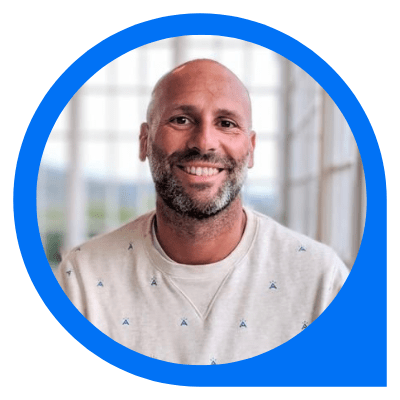
Alexandre Pachulski has a PhD in computer science from Paris Dauphine and is a multi-entrepreneur. He founded Talentsoft in 2007 alongside Jean-Stéphane Arcis and Joël Bentolila. The company aims to revolutionize human resources through data. The company is in the Next40.




